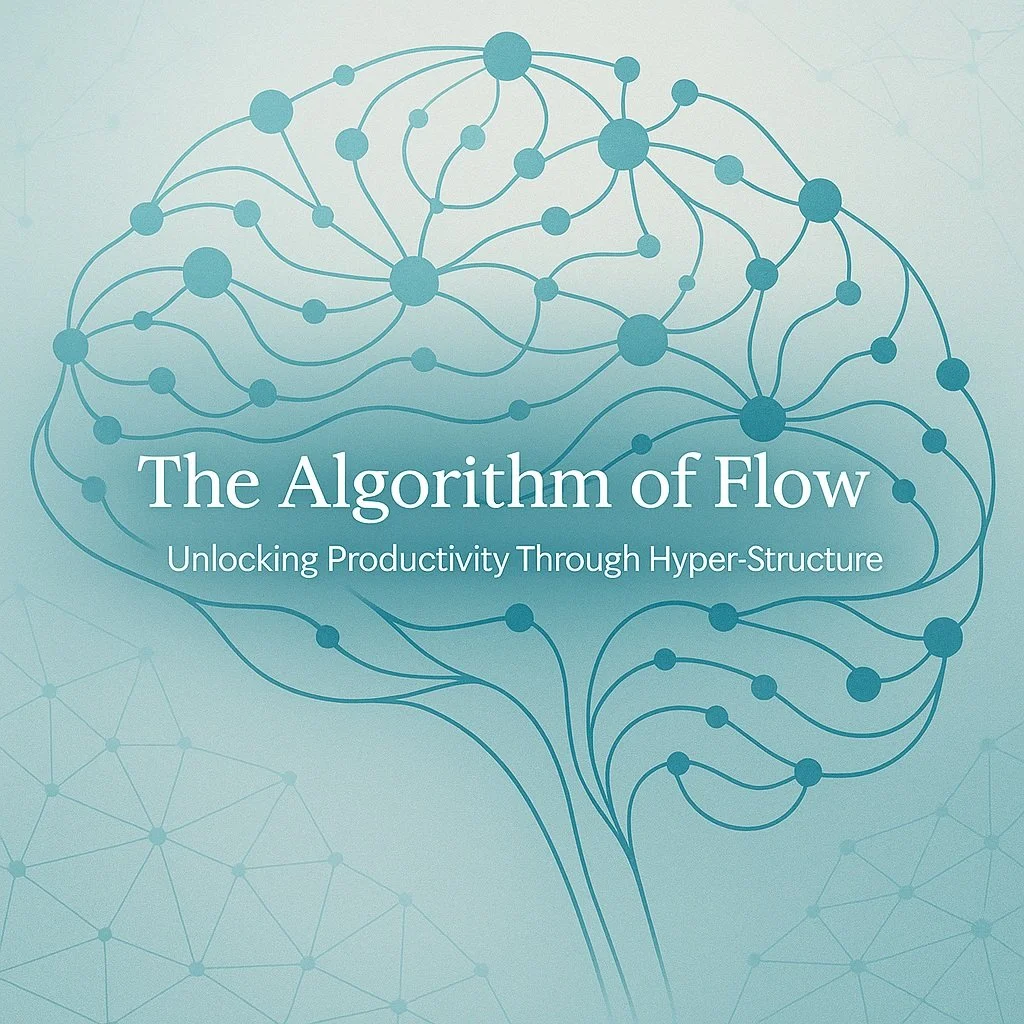Content
There are days the internet feels like a place where words go to die.
Every day I scroll through oceans of language that sound like people but aren’t.
Thought-shaped paragraphs. Emotion-shaped sentences.
No fingerprints. No friction. Just pattern.
It’s strange—I’ve been a writer for twenty years.
I’ve worked with stories, systems, humans, everything that makes us feel alive.
But lately, I can’t find a pulse in the feed.
Everyone is “building a personal brand.” Everyone has “insights.”
And the algorithms keep rewarding what feels safe, shiny, and repeatable.
Sometimes I open a browser and feel a small despair.
Because I love language and I can feel it getting flattened.
I started a blog this year. Then I stopped.
Not because I didn’t have things to say—but because everything I said started to sound like content.
Like I was feeding the machine instead of writing from my own bloodstream.
This isn’t nostalgia. It’s hunger.
For sentences that breathe. For thought that doesn’t try to sell itself.
I don’t want to “produce.” I want to create.
I want to make art, even here on the interweb. Maybe especially here.
Because maybe this is what it means to be human now—to write against the machine.
Strength is not balance.
Strength is not pretending the line doesn’t cut through you.
Strength is knowing how to move with it, carry your history, your neurotype, your roles, scars, and gifts, all as one integrated system.
There’s a kind of stillness that comes when you’ve run out of plans. It’s not peace. It’s a forced quiet, like when the body shuts down just enough to keep you breathing. In that silence, you begin to see how a system really works—not from the diagrams or the policies, but from the vantage point of the people it’s supposed to help.
Why can’t I do this?
Just to move away from
this space this place
This gap in the forest walls
A meditation on the thin line between having a home and losing one, and how the light still falls evenly, even when the world doesn’t.
You are not too much. You are the calibration point for a culture that’s forgotten how to feel.
The shelter was small—four rooms, four families, four worlds pressed against one another. A quiet choreography of women and children moving through shared air, each orbiting the others, each carrying a different kind of weight.
ADHD is often described as a chemical imbalance—a shortfall of dopamine, the neurotransmitter that signals motivation and reward. But that’s only half the story.
Then one afternoon, rifling through a stack of papers I wasn’t supposed to see, I found some official looking paperwork and—
Pain is feedback—the body’s alarm system for hidden stress. When we normalize that pain (“everyone’s exhausted,” “that’s just the culture”), we mute the signal.
Seven years ago, my life effectively ended.
Prefab LGS isn’t just a building system—it’s a structural metaphor for systems that are light, strong, repeatable, and resilient.
and what a time
to be wrought
from bleak skies, from
forlorn magpies.
The modern workplace often feels like a puzzle with missing pieces. We talk about productivity, innovation, and culture, but sometimes we forget the fundamental ingredient: humanity.
For years, (okay, decades), I tried to follow countless systems presented by others.
You work the day shift. You work the night shift. You don’t sleep. You sleep too much. You eat. You don’t. It doesn’t matter. You keep scratching for life, hoping like hell the light returns.
Hi, I’m Tapanga, and I’m autistic.
A defiant bloom from the cracks—this one’s for the wild things that won’t stay buried.




















For decades, I lived inside a storm I couldn’t name. A restless mind. A body always braced. A heart that felt heavier than it should. I blamed myself. I blamed circumstances. I worked harder, tried harder, forced myself into routines that never stuck. I spent years believing I was simply too much and not enough at the same time.
Then, a diagnosis reframed everything.